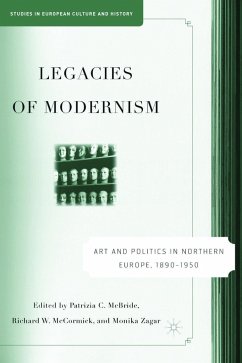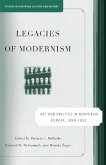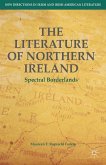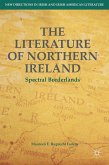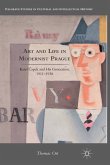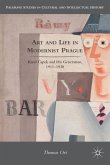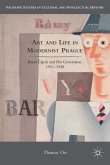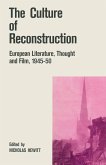Between 1890 and 1950 modernist art and culture set out to challenge century-old notions of the individual and the community, culture and politics, morality and freedom, placing into question the very foundations of Western civilization. The essays in this volume present a novel assessment of various manifestations of modernism in Germany and Scandinavia by posing the question of its critical and political impact beyond traditional polarities such as right vs. left, illiberalism vs. Enlightenment, apolitical vs. engaged. In drawing on a wide range of disciplinary perspectives, including literary studies, art history, film and visual studies, urban studies, musicology, political theory, and the history of science and technology, the essays in this volume reexamine modernism's bold inquiry into areas such as the relation of art to technology and mass politics, the limits of liberal democracy, the reconceptualization of urban spaces, and the realignment of traditional art forms following the rise of new media such as film. The volume's contributors share a belief in the timeliness of modernism's critical impulse for a contemporary age confronted with ethical and political dilemmas that the modernists first articulated and to which they attempted to respond.
'This excellent collection of essays provides a rich and complete panorama of the main dimensions in which modernism, as an epochal cultural phenomenon, received, extended, but also undermined the intellectual tradition of modernity. It is unusual to find the cultural legacy of a period addressed from so many angles and with such depth and insight.' - Ernesto Laclau, Distinguished Professor of Humanities and Rhetorical Studies, Northwestern University

